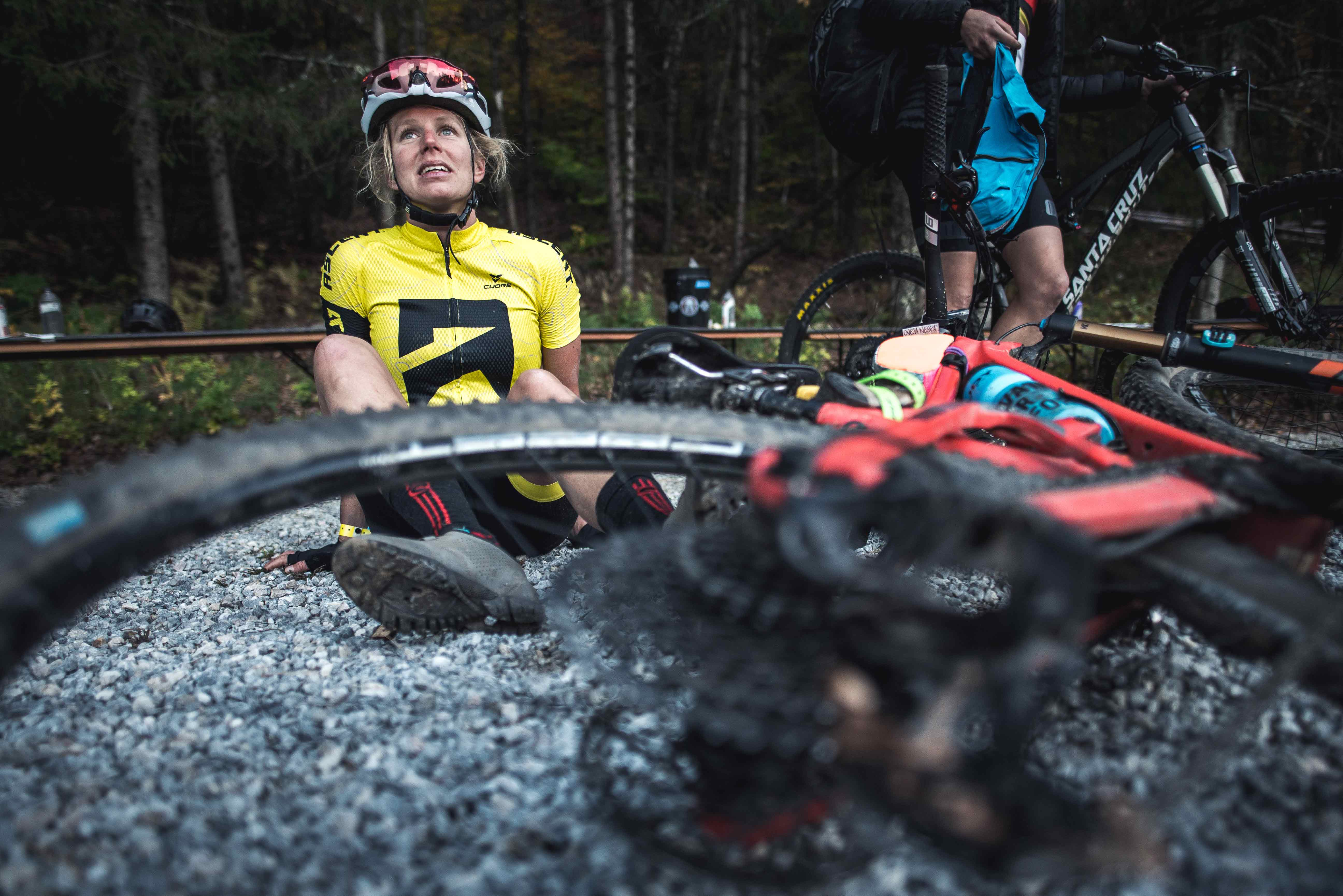This Is the One Rule That the Most Mentally Tough People Live By

There are virtually millions of ways to build a positive mindset and become mentally stronger. But how many of those ways have led to 16 Olympic gold medals and seven Tour de France wins? Just one, and this is it.
Becoming mentally stronger takes grit and commitment. It takes an intensely strong will to push through the setbacks and never quit, even when the going gets tough. But according to Dr. Kumar Mehta, Ph.D., author of the bestselling book The Innovation Biome and Senior Research Fellow at the Center for the Digital Future at the University of Southern California, most people set massive goals that they are ultimately unsuccessful at achieving.

"In my 30 years of researching and writing about what motivates people to be exceptional, I’ve found that most of us also set big goals, but we try and tackle them all at once because we want immediate results — and invariably, end up failing," Mehta wrote in a piece on CNBC.com's Make It.
Mehta has been at the forefront of research and innovation for decades, even serving nine years as the CEO of a data analytics company and 14 years at Microsoft. He understands that those who set ginormous goals don't attack them overnight, but instead chip away little by little with extreme precision for maximum results. According to Mehta's article, former performance director of British Cycling Sir Dave Brailsford is also incredibly well-versed in this approach, consistently using it to secure epic victories throughout his career.
Related:
Becoming Mentally Stronger by Getting 1% Better
Brailsford used the theory of marginal gains, or believing that making the smallest — one percent — improvement across a variety of small areas leads to the greatest gains, to completely overhaul the British cycling team. The former performance director's approach to the theory, which Mehta refers to as "microexcellence," included making tiny tweaks to the cycling team's modus operandi that, though seemingly insignificant or inconsequential, proved essential in the end.

CNBC.com reports that Brailsford helped eliminate the possibility of harmful dust pileup on his team's bikes by having the floors of the team truck painted white, making even the smallest dust particles evident for easy removal. And during the 21-day Tour de France, he had custom mattresses and pillows delivered to 21 different hotels for each cyclist, ensuring optimum recovery every single night.
Combined with all his other efforts, the results were staggering, and a true testament to the power of setting achievable goals with measurable milestones.
"It is a lot easier to focus on manageable improvements where you see specific results than to chase big ideas that may lead nowhere," Mehta wrote in his article. "But the dedicated focus on improvement in the smallest of tasks (that no one wants to spend time on) is what separates the elite few from others who are often more gifted and talented — but never realize their full potential."
Related: The Secret to Achieving Your Goals? Picking a Date and Marking Your Calendar
How to Get a Little Better Every Day
True Spartans are always improving. If you're not working to get better every single day, you risk plateauing in both motivation and performance. But that doesn't mean improvement will be zero to 100 as soon as you start your journey. In fact, it shouldn't be.

Consistently setting goals and then falling short of your benchmark can be extremely discouraging — sometimes even enough to make you give up altogether. Achieving goals works in opposite order. If you commit to something (like choosing a race on the calendar) and successfully overcome every obstacle in order to attain it, you'll build unbreakable confidence in your own abilities and multiply your motivation to commit again.
The key lies in Brailsford's theory — setting a time frame and designing specific, measurable micro training goals to reach your objective. Whether you set your benchmark at 1% or 20%, the former performance director's legacy proves that when it comes to setting goals and getting mentally tougher, slow and steady wins the race.











